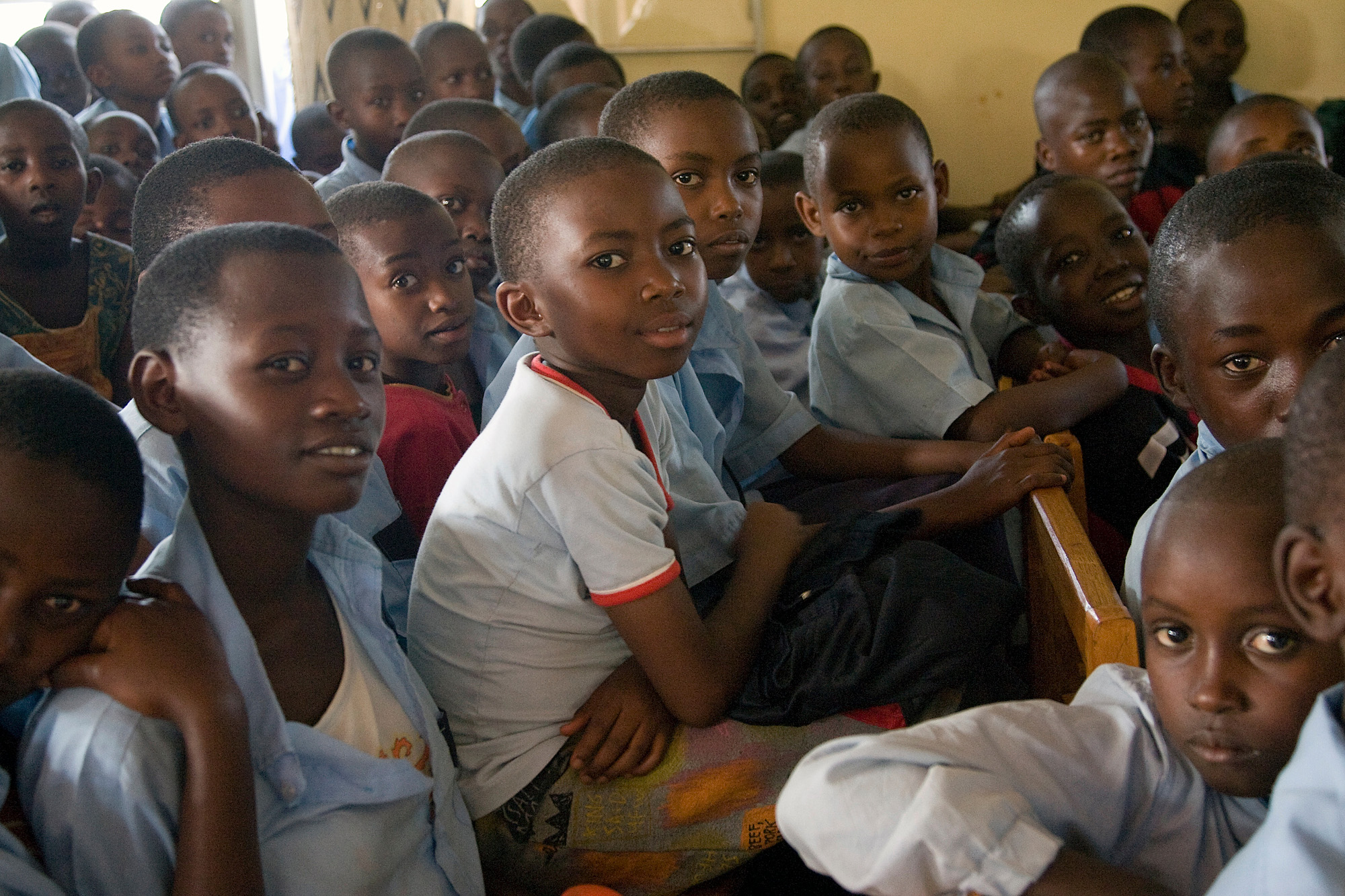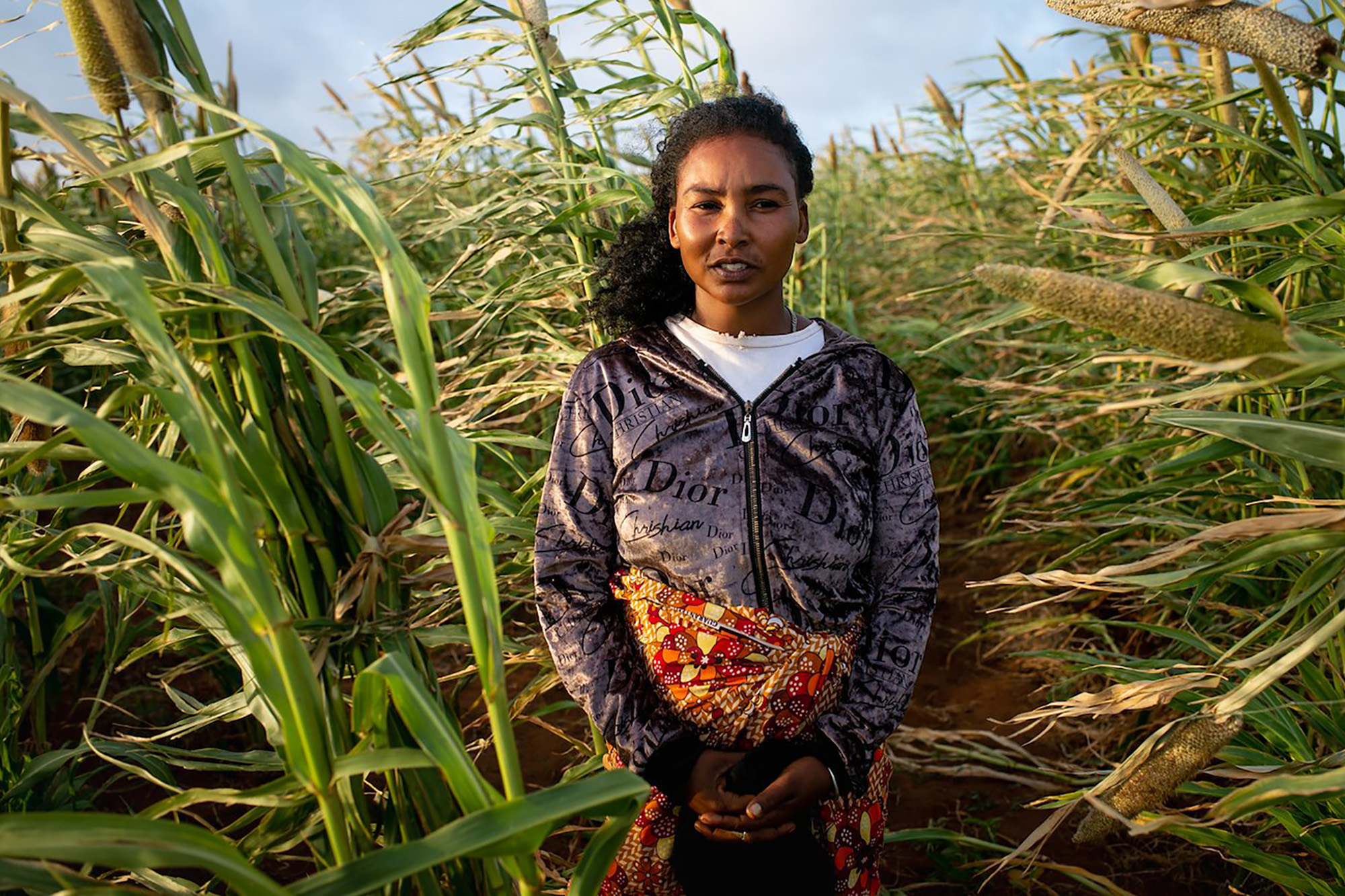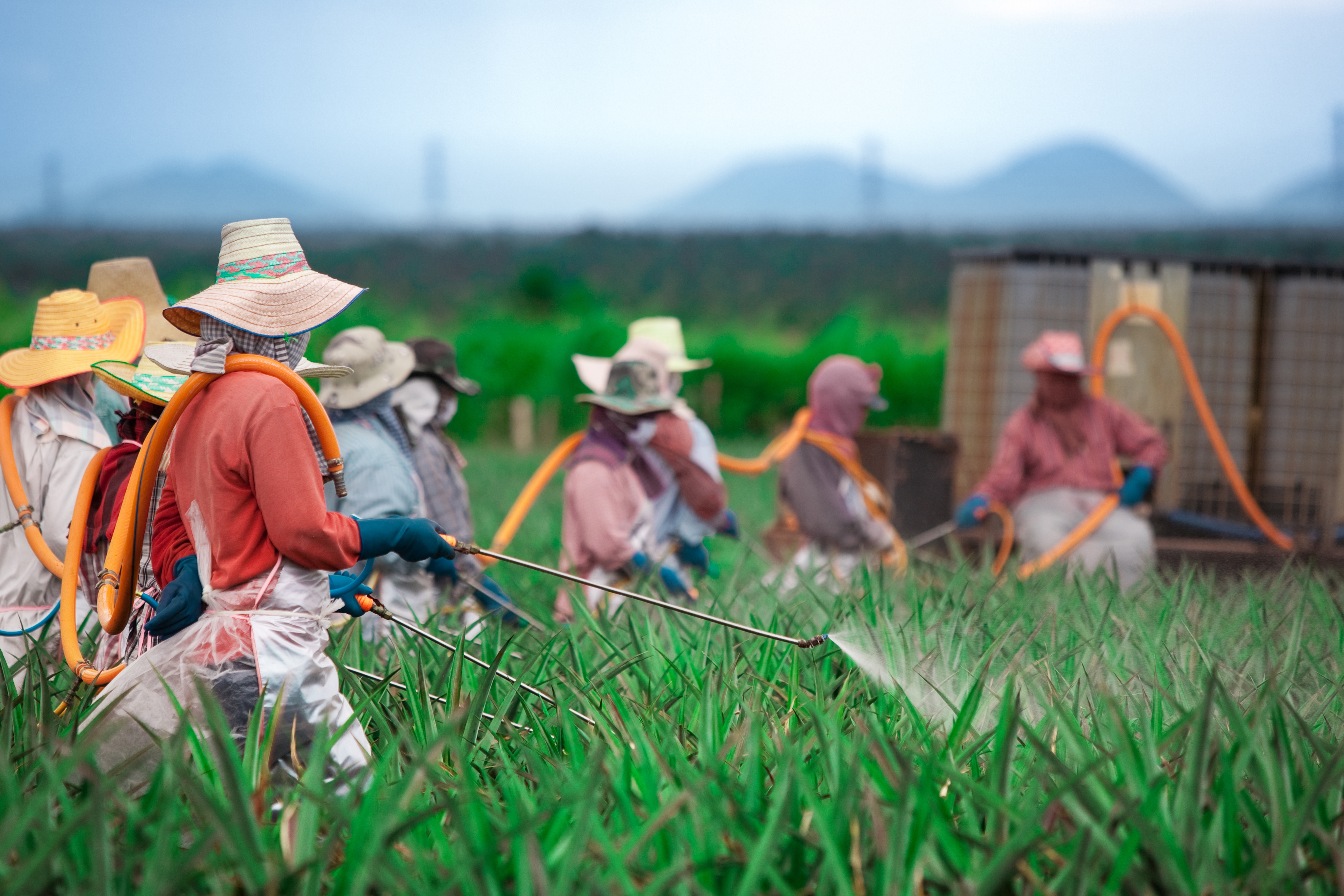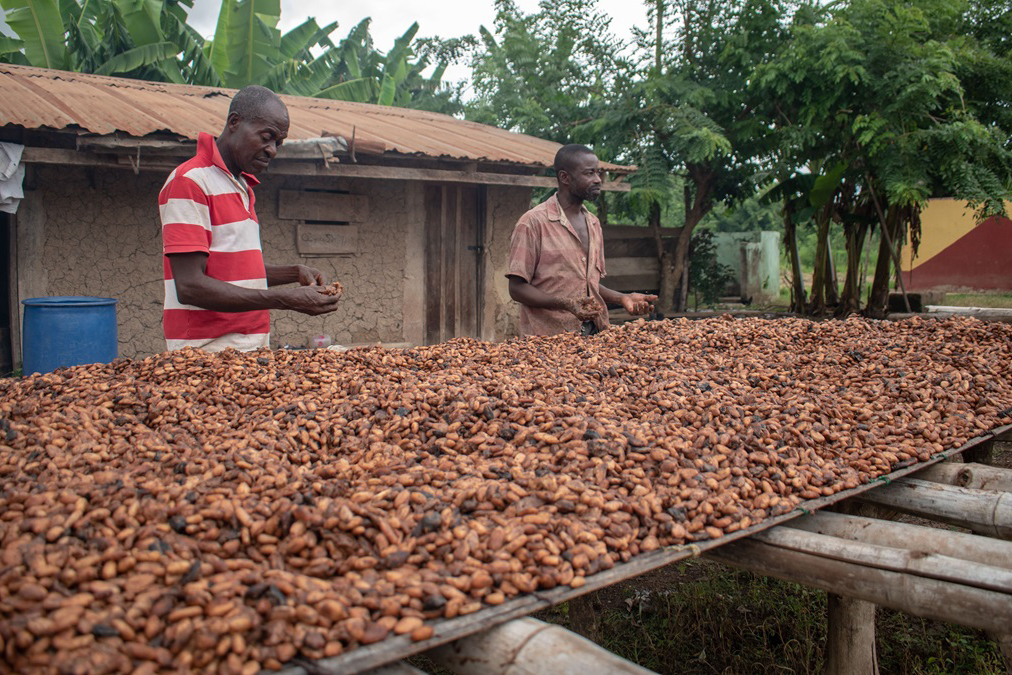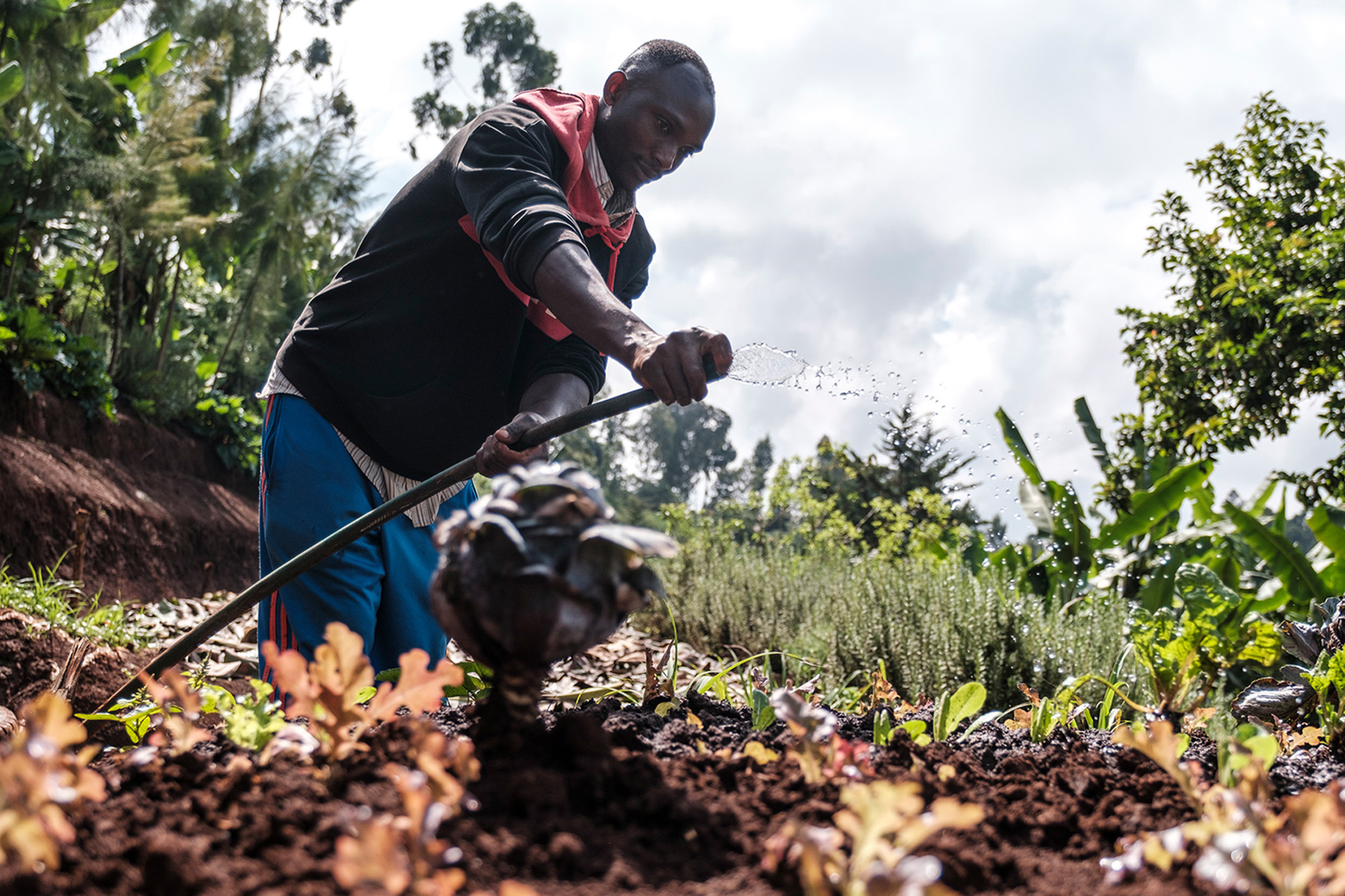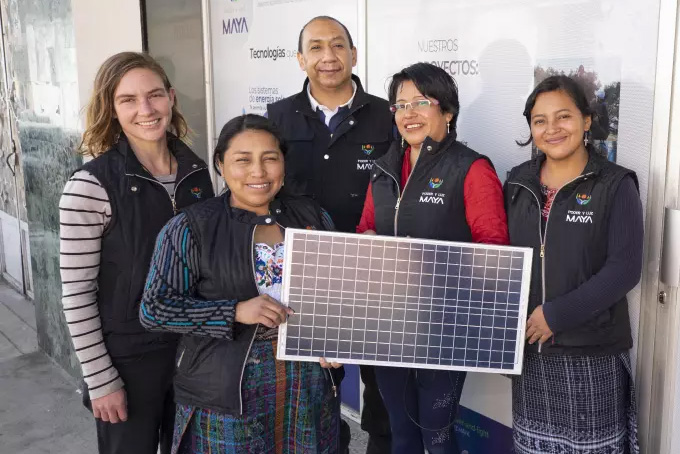Over half of the collected revenue from power, industry and new sectors, such as aviation and shipping is used to fund climate and nature programmes.
In the aftermath of Cyclone Idai, World Bank launches recovery project in Zimbabwe to rebuild communities and foster long-term resilience.
In the isolated expanse of the Arctic, amidst freezing sea ice and dwindling daylight, a sailor's reflections reveal the intricate dance of survival, adaptation, and changing landscapes in the face of climate shifts and cultural narratives.
Safeguarding future generations in a world at a crossroads. With that goal in mind, the United Nations University World Institute for Development Economics Research (UNU WIDER) is organizing a three-day (May 14-16) conference in Maputo, Mozambique. The event will be attended by renowned researchers and policy experts who will discuss the greatest development challenges of our time -climate change, persistent inequalities, and growing political instability- and what action is needed now to best protect future generations.
Climate change negatively affects family health and well-being through increased pollution, extreme weather events, disruptions to agriculture and food systems, and economic impacts. Empowering families for environmentally friendly decision-making, supporting community initiatives and integrating family-centered and intergenerational approaches into policies can ensure more meaningful and effective climate action. The 2024 International Day of Families (15 May) aims to raise awareness of climate change impacts on families and promote family and community initiatives for climate action.
The Food and Agriculture Organization of the United Nations (FAO) is helping farmers in southern Madagascar to prevent the impact of recurring droughts. In partnership with local organizations, they are strengthening community resilience in areas deeply affected by climate change. The key is to take action before the predicted impact of climate disasters. Madagascar is the world’s fourth most vulnerable country to climate change, and more than 2.3 million people need assistance to cope with the consequences of repeated droughts and recent cyclones. Despite this, current projects lack funding.
Humanity is breaking all the wrong records on global warming. Fragile ecosystems face enormous pressure. More than 1 million plants, animals and other living things are at risk of being wiped out. Dirty air and chemical pollution threaten our lands, oceans and health. However, there is a lot we can do as individuals to tackle these issues. Every action, no matter how small, matters to the planet. The United Nations Environment Programme (UNEP) has developed toolkits for taking environmental action on a range of issues, including reviving ecosystems, fighting climate change, reducing plastic waste, improving air quality, and planting trees.
As climate change intensifies, workers around the globe find themselves at an increased risk of exposure to various hazards such as excessive heat, ultraviolet radiation, extreme weather events, air pollution, vector-borne diseases and agrochemicals. In conjunction with the World Day for Safety and Health at Work (28 April), the International Labour Organization (ILO) has launched a new report "Ensuring Safety and Health at Work in a Changing Climate," which reveals alarming new data on the impact of climate change on workers’ safety and health.
From extreme heat and rising sea levels to biodiversity loss and pollution, Mother Earth is in danger and making a clear call to action - a need to shift to a more sustainable economy that works for both people and the planet. This International Mother Earth Day (22 April), let’s mobilize for the planet and all the life it supports. We can all take action to protect nature, tackle climate change and promote harmony with the Earth. Join us for our event focused on the vital connection between human well-being and the health of our planet, taking place from 10 AM to 6 PM New York time.
Watch the 2050 forecast delivered by Weather Kids, created in partnership with the World Meteorological Organization and The Weather Channel. The campaign is part of UNDP’s efforts to boost awareness on the impacts of climate change and to mobilize people around the world to take meaningful climate action for future generations.
Climate change-induced cocoa price hikes are affecting chocolate lovers globally, highlighting the urgent need for climate action.
Water is crucial to life and economies, but it can also cause or be affected by conflict. The risk of conflict is increasing due to water scarcity and climate change, making effective water resource management essential for peace. Remote sensing, using open-access satellite data, can help monitor water resources, even in conflict-affected areas. The Water Productivity through Open-access of Remotely-sensed derived data, a tool created by the Food and Agriculture Organization of the United Nations (FAO), has been used in conflict zones like Syria, Sudan, Mali, and Sri Lanka to monitor water resources, reduce conflict, and restore access to water.
A new report from the World Meteorological Organization (WMO) shows that records were once again broken, and in some cases smashed, for greenhouse gas levels, surface temperatures, ocean heat and acidification, sea level rise, Antarctic sea ice cover and glacier retreat.
Climate change is causing more frequent and intense heat waves worldwide, which negatively impact the health and well-being of vulnerable populations, particularly children. UNICEF and partners urge governments to take urgent action and ensure that frontline health workers are trained to recognize and treat heat stress, health facilities are equipped to cool heat victims, and healthcare systems are connected to meteorological services in high-heat regions. Additionally, health facilities should have cool public spaces for people to safely seek refuge during heat waves.
Empowering women in environmental initiatives is essential for addressing climate change, as their participation fosters innovative solutions for a more sustainable future.



